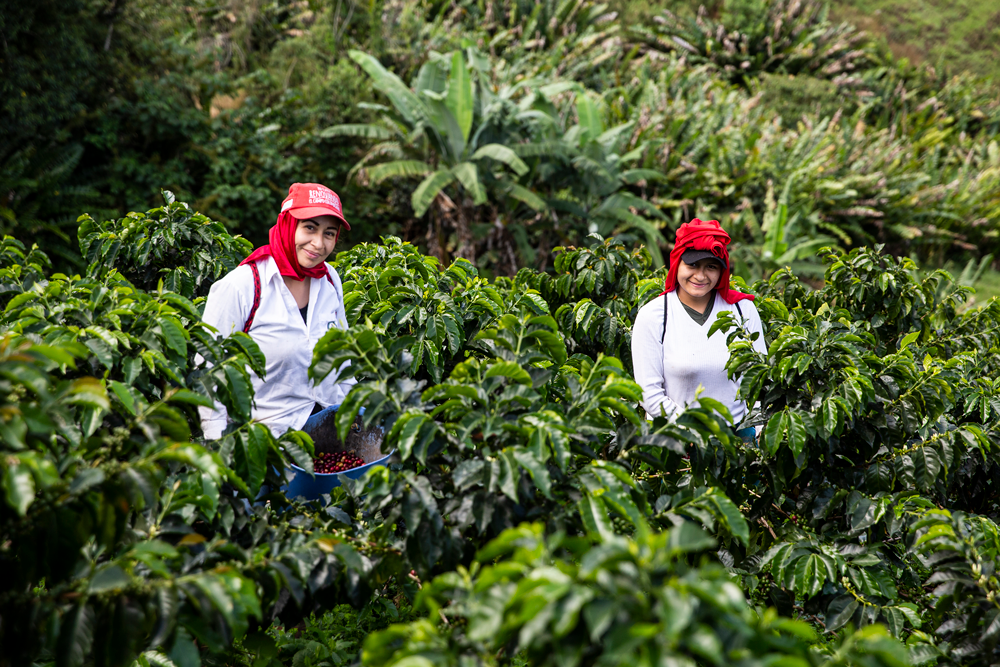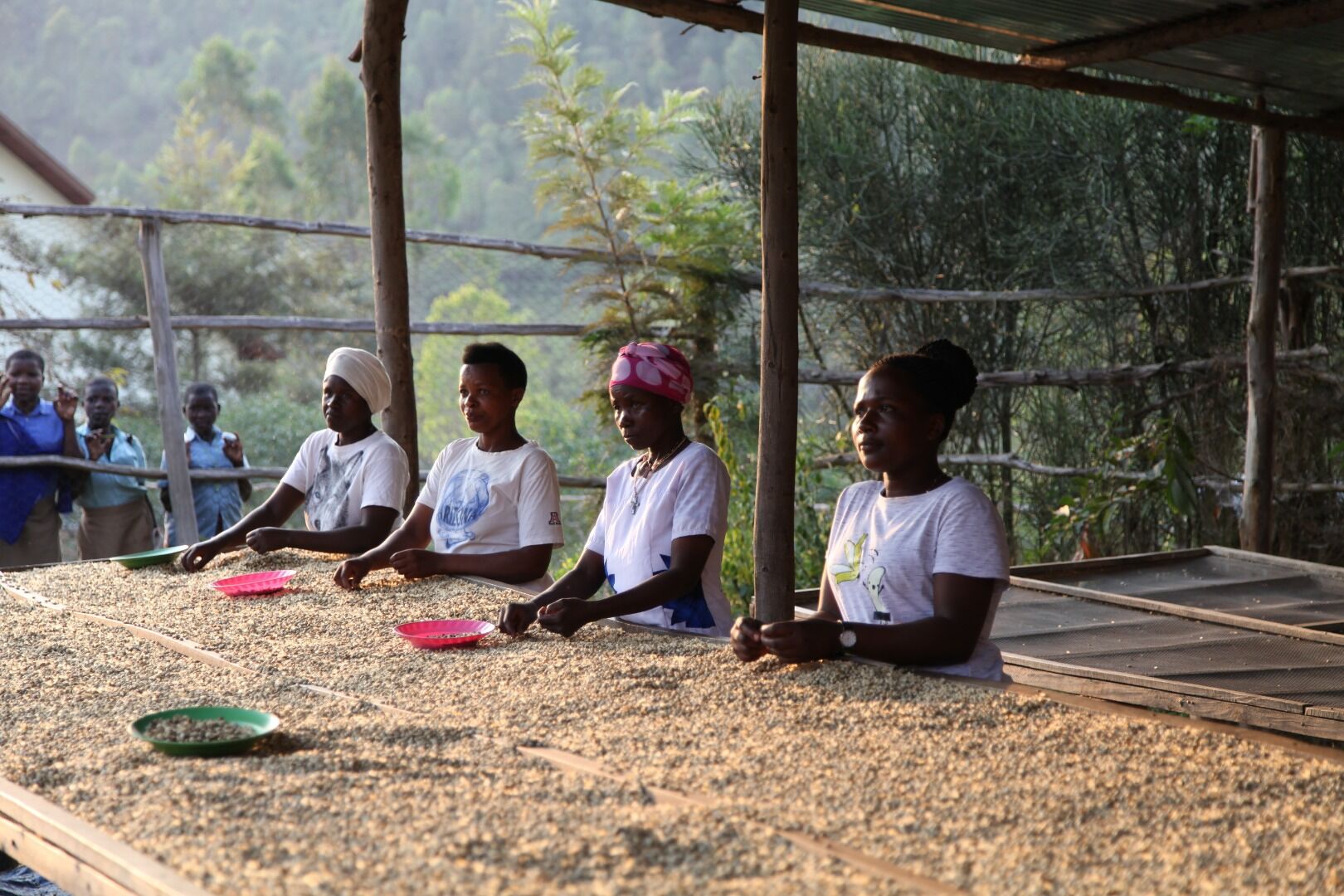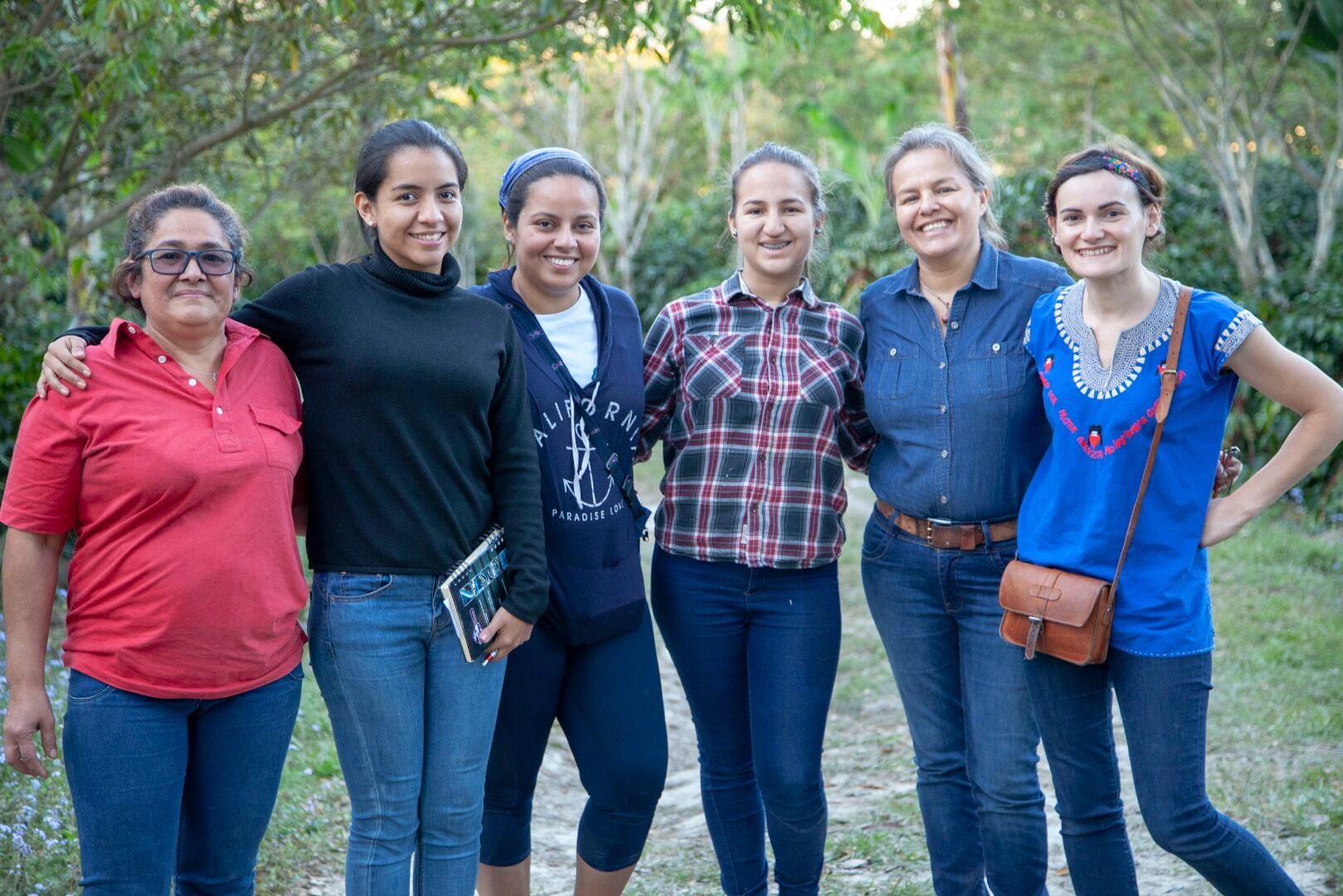
7 examples of farms where women are in the majority
Women play a vital role in the specialty coffee industry. They account for over 70% of the workforce, and yet...
They are heavily involved in harvesting and grain sorting on the farms... Yet only 10% of them are entrepreneurs and only 20% are landowners (including co-ownerships with their spouses). Here are 7 examples of farms where women are in the majority.
Ketiara, a women's cooperative on the island of Sumatra
Ketiara means "success" in the Gayo language, and this is the case for this 90% female co-op.
Finca La Leona, Colombia
In 2019, Laura Enciso took over her family's 43-hectare farm (including 25 hectares of coffee) in a country where women rarely head farms.

Genet Seifu, Jimma, Ethiopia
Straight from the Limmu Kossa terroir near the village of Wolensu, this coffee is produced by Genet Seifu. The company cultivates the 74110, 74140 and 74145 varieties under forest cover on 100 hectares.
Cooperative Musasa, Rwanda
The perfect example of a committed cooperative, 90% of which is made up of women, with initiatives such as process water treatment, waste sorting, free distribution of shade tree seedlings to reforest plots, and a financial aid system for women producers...
And the Musasa Milk project? The cooperative has offered each farmer a cow to fertilize the fields, but also to diversify their income with the sale of fresh milk.

Finca Santa Maria, Santander region, Colombia
Located near the town of Aratoca, this farm is owned by Oscar Daza, but is run entirely by women, from picking to processing, which is why it has earned the Manos de Mujeres certification.
Mulheres Da Caparao, Brazil
Mulheres do Caparaó is a group of 5 women producers created by Josimar Sodré. They decided that specialty coffee was their best bet for the future and initiated a transition to specialty on their farms, with organic certification underway. Go girls!
Comsa, Honduras
COMSA needs no introduction! Café Organico de Marcala understands coffee growing as a whole, and does so sustainably. Training and support for producers, transition to organic farming, creation of Montesorri schools for children... Among the 700 growers, some emblematic women like Miriam Elisabeth Perez and Maria Zelaya.
Leslie Laborde, Marketing Manager
Did you like this article? Share it with your community:
